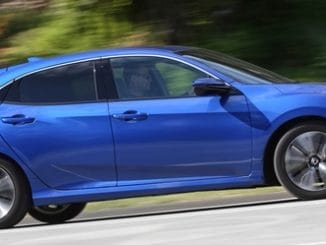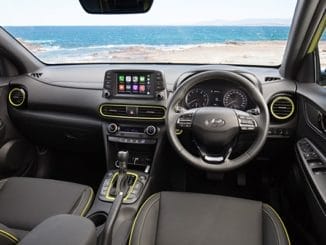 SFU researchers chart a path to decarbonizing Canadian transport in new report
SFU researchers chart a path to decarbonizing Canadian transport in new report
A new report from Simon Fraser University’s School of Resource and Environmental Management challenges several assumptions about decarbonizing Canadian transport.
The report Driving Decarbonization: Pathways and Policies for Canadian Transport focuses on both actions – energy efficiency, fuel switching, urban redesign, and lifestyle changes to reduce transport emissions – and policies – the mechanisms governments use to motivate these actions by individuals, institutions and corporations.
One key message from the 50-page report is that a rapid reduction in the consumption of gasoline and diesel can happen now, in contrast to the conventional narrative that transport decarbonization must await innovations in batteries, hydrogen storage, and “blendable” biofuels. Just as Brazil rapidly reduced gasoline use in the 1980s and Sweden is reducing gasoline and diesel use in buses and trucks today, Canada can quickly increase the consumption of 85% ethanol in dedicated flex-fuel vehicles and 100% biodiesel in modified trucks.
“Vehicles using electricity and maybe hydrogen will ultimately play a key role, as will reduced vehicle use with more transit and cycling.” says co-author Mark Jaccard. “But with just a bit of political leadership, we could be using the existing distribution infrastructure of the petroleum industry to accelerate the adoption of flex-fuel vehicles using ethanol and trucks and other heavy vehicles using biodiesel, thus rapidly reducing our net carbon emissions in transport.”




